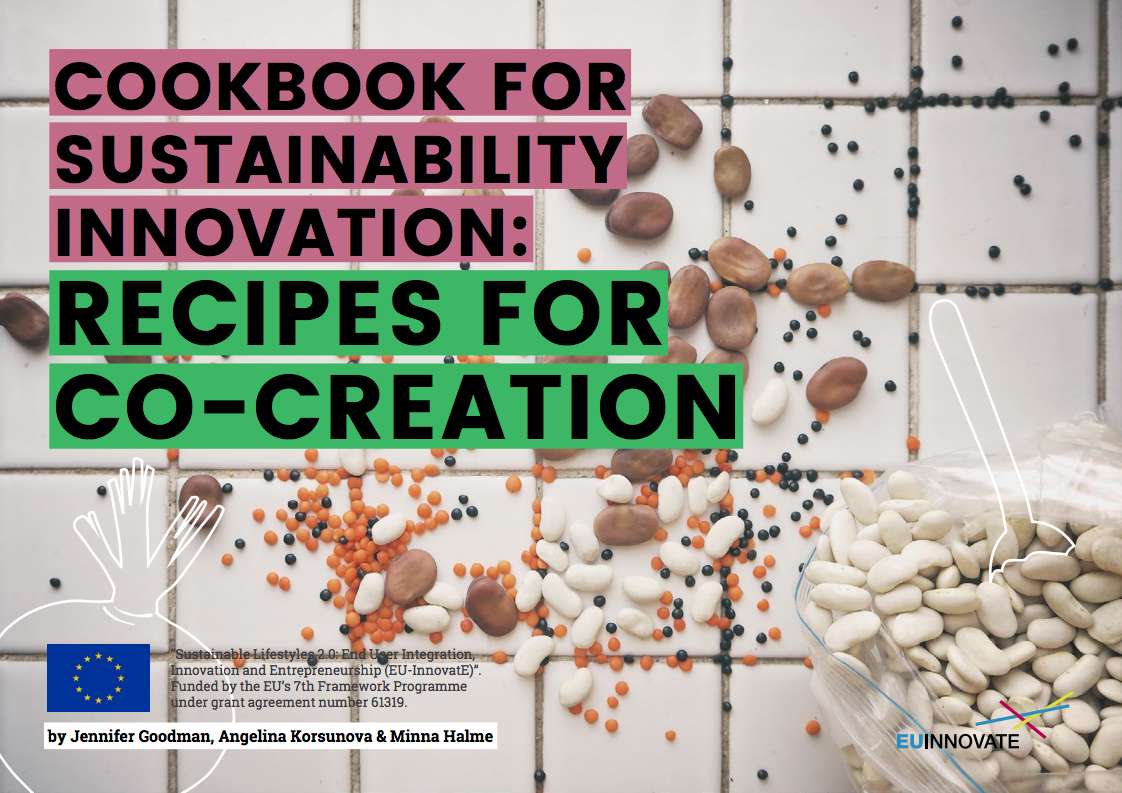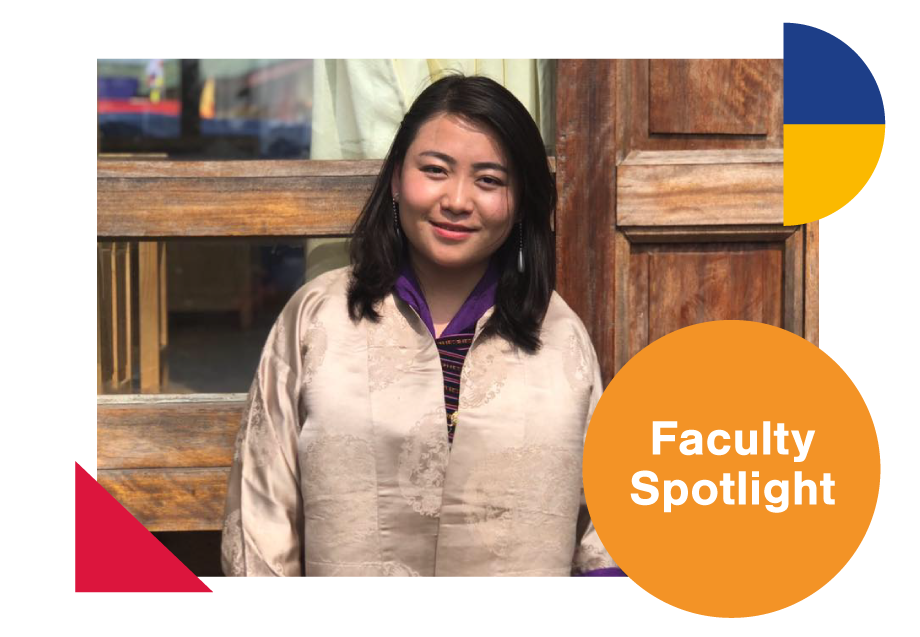New ‘Cookbook’ highlights sustainable and innovative co-creation models of companies.
The transition to a sustainable future requires companies to pursue innovative co-creation with diverse stakeholders and many companies are already doing so, as illustrated in the new Cookbook for Sustainability Innovation.
‘Advancing sustainability requires that we rethink all aspects of our lifestyles, which is no easy task. However, the good news is that inspiring examples of innovations which contribute to system-wide change already exist,’ says Professor of Sustainability Management Minna Halme.
The Cookbook for Sustainability Innovation examines sustainable co-creation innovations of BMW, Skanska, Frosta, EcoVeritas, and Rockwool. The examples illustrate a variety of different methods and ‘ingredients’ on which each of the innovations was based. It also highlights the wide range of different, and often unusual, collaborators who took part in the co-creation process.
‘Companies worked with such partners as non-profit organizations, local municipalities, academic institutions and grass-root organizations. Thanks to such collaborations they could reach events like music festivals for testing their ideas,’ explains Angelina Korsunova, who worked as the project manager at EU-innovate Aalto.
‘One of the surprising collaborator groups was citizens, who participated in all of the innovation processes in a variety of ways,’ says Post-doctoral Researcher Jennifer Goodman. ‘For example, citizen participation was especially valuable in idea contests, educational campaigns and in extensively trialing the products.’
The internal environment of the company is also important when it comes to innovation for sustainability. ‘Top management support, work culture and organisational involvement was evident in all of the cases,’ says Halme.
The Cookbook was produced by the Sustainability in Business Research Group at the School of Business, as part of EU-InnovatE project (End User Integration, Innovation & Entrepreneurship) led by Technical University of Munich. The EU Commission funded research collaboration between 14 leading academic, think tank and network partners in 2014-2016 explored the innovative and entrepreneurial roles of end users in shaping a green EU economy.
More information:
The Cookbook for Sustainability Innovation (pdf)
EU-Innovate & Collaborative Innovation for Sustainability: http://eu-innovate.com/business/
Angelina Korsunova, Post-doctoral researcher
Department of Management Studies, School of Business
+358 40 3538 008
angelina.korsunova@aalto.fi
This post was written by Roope Kiviranta



